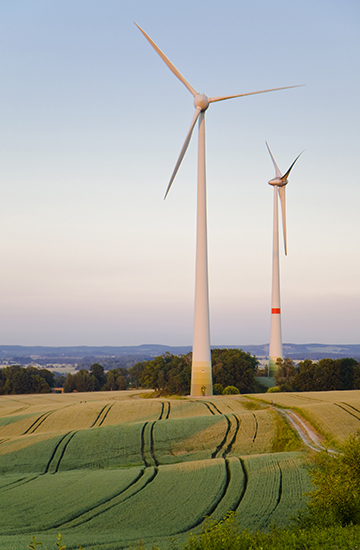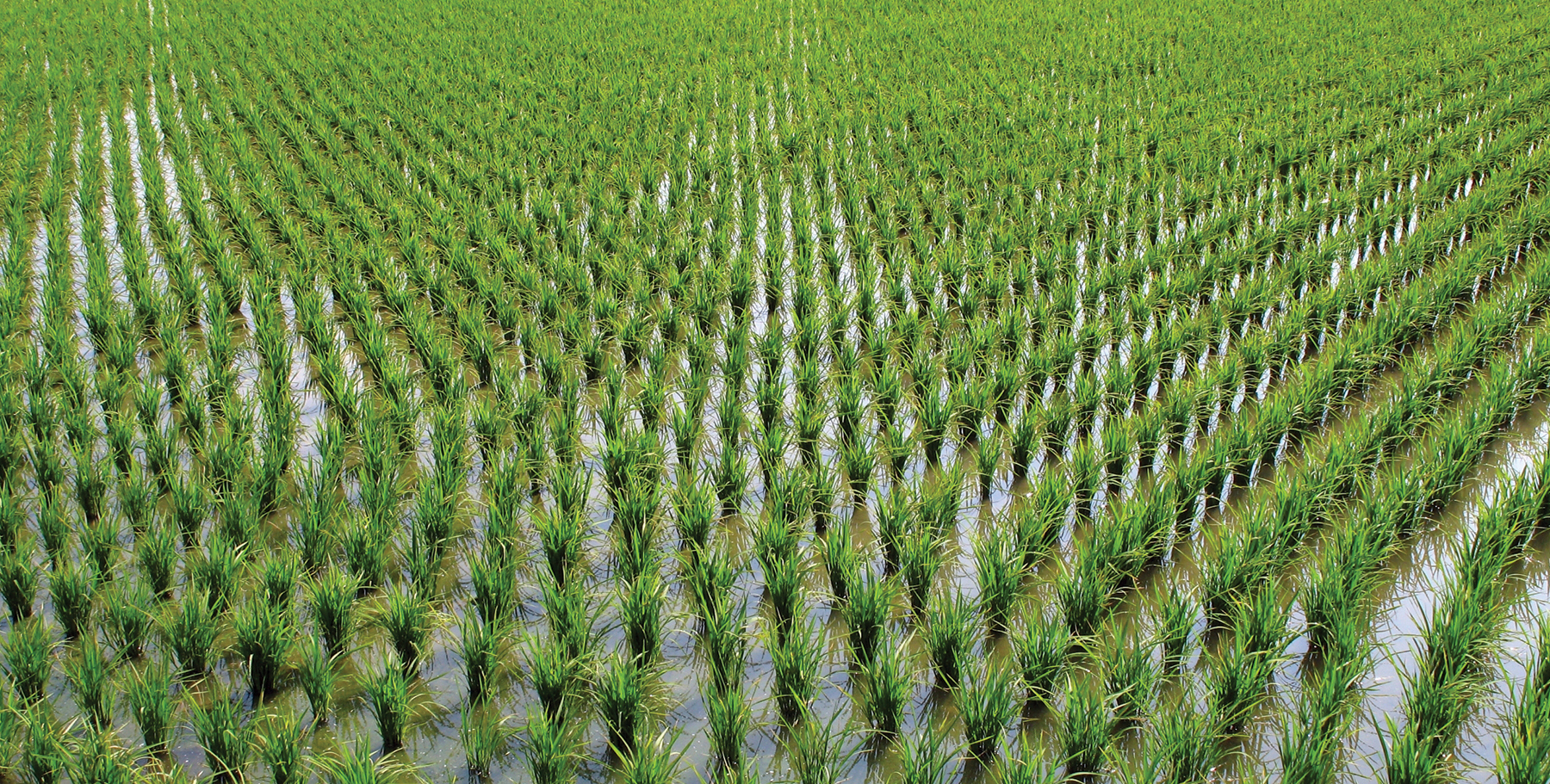
The School invests in innovative research activities to advance global sustainability, including cultivation of interdisciplinary partnerships, experimentation with new methods, and development of projects that integrate disparate knowledge and approaches.
Support for Faculty & Cross-Campus Teams
GLOBAL CHALLENGES RESEARCH TEAMS – Collaborative teams of faculty that build cross-campus partnerships to address the world’s most pressing regional and global sustainability issues. The program provides seed funding to foster creative and innovative approaches to sustainability grand challenges and establish interdisciplinary relationships to conduct research in new areas and with expanded applicability.
RESIDENT FELLOWS – Faculty members engaged in creative sustainability research and problem solving. The program is designed to enhance scholarly contributions to sustainability by providing opportunities to accelerate progress and engage in the academic life of the School.

43
research teams funded 2008-2020 with interdisciplinary faculty PIs from 46 departments across all 8 colleges
37
faculty fellows funded 2008-2020 from 23 departments across 8 colleges
100+
manuscripts, books, and book chapters published
$11,131,661
in external funding obtained by teams and fellows to continue work

Research Activities & Initiatives
GLOBAL SOIL BIODIVERSITY INITIATIVE – A collaboration of international scientists dedicated to enhancing the use of soil biodiversity science and ecosystem services in policy and management of global terrestrial ecosystems.
SOIL BIODIVERSITY AND ECOSYSTEM FUNCTIONING LAB – Focused on arid land ecology and the intersection of soil biodiversity, ecosystem functioning, and climate change.
HUMAN-ENVIRONMENT INTERACTIONS RESEARCH GROUP – Research on human dimensions of atmospheric water recycling, radical Earth futures, and Anthropocene risk.
CLIMATE INDICATORS FOR AGRICULTURE USDA REPORT – Associate Director Peter Backlund’s research activities are focused on documentation and assessment of potential regional and national-scale consequences of climate change and exploring how climate change intersects with other environmental stresses to affect global sustainability.
Research Areas

To strategically address CSU’s sustainability strengths, the School supports research in six subject areas:
Climate Change and Energy
Climate change and Energy issues are intricately linked together and infuse every part of our everyday lives. Thus, understanding energy supply and demand and the demographic, socio-economic and technological forces that affect and are affected by climate change and energy issues is not merely an engineering challenge or an environmental challenge. Climate change impacts, adaptation, and mitigation feedback onto issues of energy; both are sustainability challenges that require insights from disciplines across campus.
Food Security
Commonly, the concept of food security is defined as the availability of food and physical, social, and economic access to food that meets a growing population’s dietary needs as well as their food preferences. Food security is a complex sustainable development issue, to agriculture, climate, ecology, economics, trade, nutrition/health, and sustainable development.
Environmental Change and Governance
Environmental Institutions and Governance includes—but is not limited to—research on environmental policies and management practices, community conservation programs, common property resource regimes, collaborative decision-making processes, and markets for environmental goods and services. Environmental governance research may investigate particular arrangements and/or address broader questions of authority, accountability, legitimacy, participation, and fairness and equity.
Sustainable Communities
Sustainable communities are organized so as to enable all their citizens to meet their own needs and to enhance their well-being while preserving Earth’s life support systems or without endangering the living conditions of other people, now or in the future. It addresses the interactions between nature and society, and is linked to sustainable development and institutional innovations to assess sustainable trajectories into the future.
Land and Water Resources
As demand for food and energy grow, land and water resources are increasingly stretched to serve across diverse user and stakeholder groups. The dynamic nature of the complex customary, legal, and social constructs that regulate land and water use demand dynamic, diverse, and nimble interdisciplinary research teams capable of responding to emerging issues.
Biodiversity, Conservation, and Management
Biodiversity conservation and management become more important every day and integral to a sustainable future. Biodiversity supports ecosystem services including air quality, CO2 sequestration, water purification, pollination, and prevention of erosion. Species loss has been accelerating, and has become an international political issue as scientific evidence builds on the global health implications of loss.
